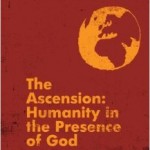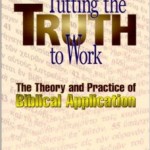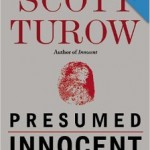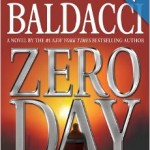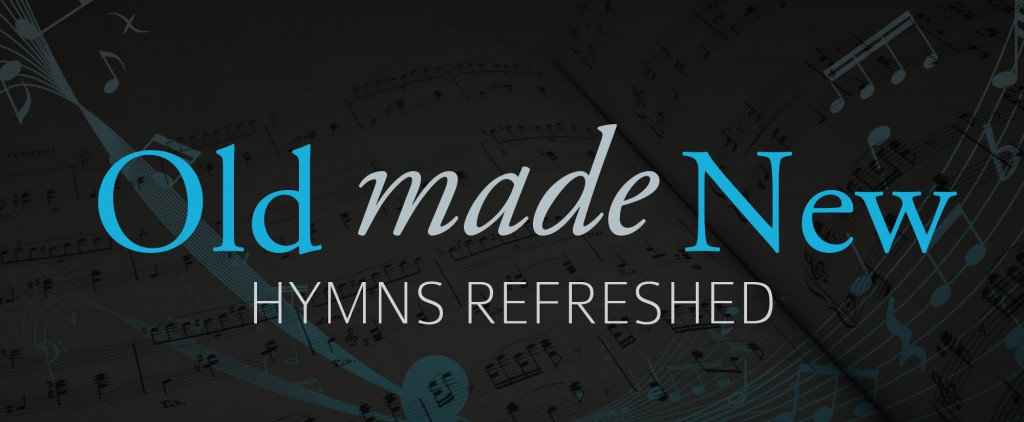On Sunday I began the fourth decade of my existence. In other words, I turned 30.
Such an occasion provides the opportunity for focused introspection, so allow me to take a diversionary dive in this post.
HERE’S TO THE SUNSET OF FOOLISHNESS . . .
Unsurprisingly, many people have asked if I feel “old” now that I can no longer lay claim to being a vicenarian.1 I actually feel little difference between being 29 or 30 because there is still “youth” in the 30s. But there isn’t any youth in the 40s, thus my youth is in its twilight. And I intend to make the most of that sun setting beyond the horizon.
Among the many different things associated with youth we can probably all agree that “foolishness” would lie close to the fore. If the 30s are in fact the twilight of youth, they ought to also be the twilight of foolishness. My hope, should God be kind enough to give me another ten years, is to labor to find foolishness fading and wisdom flourishing.
I often think about going back in time and counseling various versions of my early self. And I have found that my counsel always centers on slaying the various parts of my soul that loved to play the fool. Why not then, in this fourth decade of life, declare war on foolishness and strive for its sunset?
. . . AND THE SUNRISE OF WISDOM
A plodding perspective is needed however. As long as sin remains it will find a faithful friend in folly, so this declaration of war is means D-Day more than the Battle of Berlin. The foe will be vanquished, but the fight will be longer than I’d like with defeats and distractions – maybe even disasters like Market Garden – along the way. (Let the WWII readers understand.)
I think it took me a full three decades to understand two things, the first of which is truly seeing the value of wisdom. I have seen the world, tasted of fame, filled a bank account, added to my quiver, wanted for nothing, and yet found all these things to be wanting in and of themselves. Wisdom is better. God said so. Gold, silver, rubies, and precious jewels have nothing on this beauty named Wisdom (Prov. 8:11; 16:16).
The second thing I now see after climbing God’s mountain for 29 years are the two inseparable fountains from which wisdom flows: the fear of God and the Lord Jesus Christ. Fear-filled awe of God is after all the “beginning of wisdom” (Prov. 1:7) and Christ is the treasure chest of “wisdom and knowledge” (Col. 2:3).
Beholding God’s glory in Christ then is the ultimate weapon to carry as I storm the shores of folly on the way to wisdom. Therefore, I must gird the spiritual loins with the Word of God. May this be a decade of biblical advance through meditation, study, and application. May my love for the things in this world darken as I look unto the Sun of Righteousness who is seated at the right hand of God on high. Why should my days be occupied with anything else?
A BURNING LIGHT
It seems like advancing into a new decade is commonly a cause of lamentation and not celebration. I propose to buck the trend. Increased age is not regress, but progress. A pilgrim-like progress unto the celestial city.
May I, light the Baptizer, be a burning light whose life cries out, “Behold the Lamb!” Wisdom shines and burns. So God, help me get a heart of wisdom.
- A silly, but fun way to say “twenty-something.” ↩





